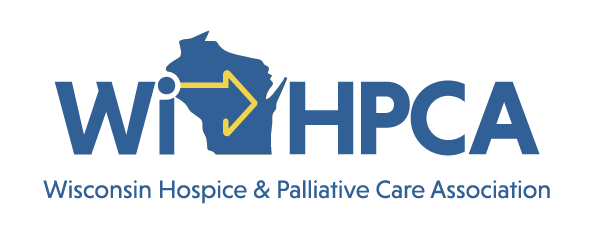New effort explores ways to support Wisconsinites living at home longer, for better health outcomes
The Wisconsin Department of Health Services (DHS) announces the launch of the Independent Living Supports Pilot program, which will provide eligible Wisconsinites with critical resources allowing them to continue to live independently in their homes rather than entering a Medicaid long-term care program. Funded by the American Rescue Plan Act (ARPA), the pilot will take place in select areas of the state. Those who enroll will have access to program benefits for up to 12 months.
"We’ve designed the Independent Living Supports Pilot program to offer short-term, flexible services and supports for older adults and people with disabilities," said DHS Secretary-designee Kirsten Johnson. "Helping people access services sooner can help maintain their health and living situation for a longer period of time, which not only improves health outcomes, but is also cost effective."
The pilot will provide invaluable insights into how people seek information about services and supports, as well as help identify potential barriers in accessing these services.
To be eligible, participants must:
· Be a Wisconsin resident and a U.S. citizen or eligible immigrant.
· Live in a pilot service area.
· Be over age 18.
· Not be currently enrolled in Medicaid long-term care programs or living in a licensed or certified residential or long-term care facility.
· Earn less than 300% of the federal poverty level with no deductible or consideration of spousal income.
· Have at least one eligible functional need.
· Have a qualifying diagnosis (may be a long-term disability) if under age 55.
"The Independent Living Supports Pilot aims to empower Wisconsin residents to maintain their independence within their communities," said Medicaid Director Jamie Kuhn. "By offering targeted support to people who might otherwise enter long-term care, this initiative is a cost-effective strategy that delays the need for that care and also provides valuable insights to inform future policy decisions related to independent living supports."
The pilot will offer up to $7,200 in one-time, periodic or continuing services based on the needs of participants. Possible supports reflect the broad range of what people might need, including:
· Specialized medical equipment and assistive technology
· Home and vehicle modifications
· Personal care, care management, or supportive home care
· Personal emergency response systems
· Internet/Wi-Fi services
· Financial management and legal assistance, and more
Aging and disability resource centers (ADRCs) in the following counties applied and were selected to operate the pilot program in their areas:
· Adams, Green Lake, and Waushara Counties
· Brown County
· Chippewa County
· Columbia County
· Dane County
· Dodge County
· Dunn County
· Eau Claire County
· Kenosha County
· Milwaukee County
· Sauk County
· St. Croix County
· Walworth County
· Washington County
Each ADRC will find eligible participants in their area, help them enroll in the pilot, and coordinate one-time and ongoing services. The ADRCs will also help participants transition to other services when the pilot ends.
"We are excited about the potential impact of this pilot program on the lives of Wisconsin residents and look forward to sharing updates and results as the program progresses," said Johnson.
For more information, visit the Independent Living Supports Pilot Program page on the DHS website.
